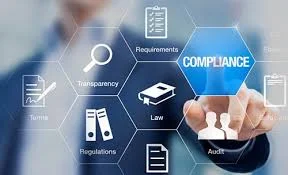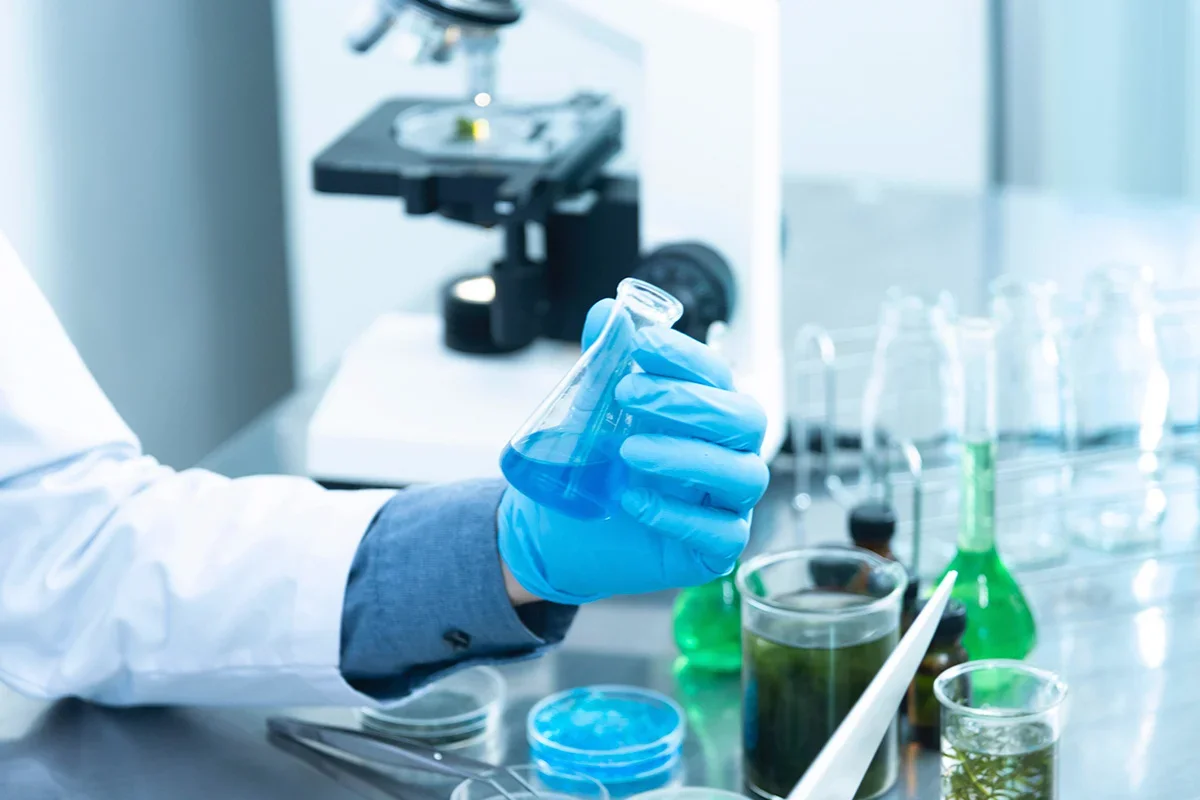When it comes to navigating the complex landscape of FDA registration, having a reliable US agent by your side can make all the difference. From ensuring compliance to streamlining the process, partnering with a knowledgeable US agent sets the stage for success. While tackling the intricacies of FDA regulations alone can be daunting, enlisting the support of a skilled US agent provides expertise and guidance every step of the way. Stay ahead of the curve and maximize your chances for a smooth and efficient FDA registration process with a trusted US agent.
Understanding U.S. Agent Responsibilities
Necessity
Foreign establishments seeking FDA registration must appoint a U.S. agent to represent them. This requirement ensures compliance with FDA regulations.
Role
The U.S. agent acts as a crucial link between the foreign establishment and the FDA. They assist in communication, document submissions, and regulatory compliance.
Availability
One essential responsibility of the U.S. agent is to be available during U.S. business hours. This availability ensures prompt communication with the FDA when needed.

Overview of Services for Foreign FDA Registration
Submission Process
To begin the submission process for U.S. agent information through the FURLS system, foreign establishments must navigate the online platform with precision. This involves entering detailed data accurately to ensure a seamless registration procedure.
Importance of Designation
Designating only one U.S. agent per foreign establishment is crucial for streamlined communication and accountability. This ensures that all regulatory correspondence and inquiries are directed to a single point of contact, facilitating efficient resolution of any issues that may arise.
Official Correspondent Option
Opting for the U.S. agent to act as the official correspondent can simplify communication channels further. By consolidating all official interactions under one entity, foreign establishments can enhance coordination and clarity in their dealings with the FDA.
Key Roles in Medical Device Establishment
Assisting FDA Inspections
The U.S. agent plays a crucial role in assisting the FDA during inspections of the medical device establishment. They act as a liaison, facilitating communication and ensuring compliance with regulations. By providing necessary documentation and access to facilities, the U.S. agent enables smooth inspections.
When an inspection occurs, the U.S. agent must coordinate with the FDA inspectors, address any concerns raised during the process, and assist in resolving issues promptly. Their cooperation is vital in demonstrating transparency and adherence to regulatory requirements.
Responding to FDA Inquiries
The U.S. agent holds significant responsibility in responding to inquiries from the FDA regarding the medical device establishment. Prompt and accurate responses are essential to address any queries or concerns raised by the regulatory authority effectively.
By maintaining open communication channels with the FDA, the U.S. agent ensures timely responses to inquiries, clarifications on regulatory matters, and provision of necessary information for compliance purposes. This proactive approach helps in building trust and credibility with the FDA.
Electronic Confirmation Requirement
The U.S. agent is required to confirm their agreement electronically with the FDA. This confirmation signifies their acknowledgment of responsibilities related to representing the foreign establishment and complying with U.S. regulations.
Obligations of a U.S. Agent
Physical Presence
The U.S. agent must have a physical presence in the United States to fulfill their obligations effectively. This requirement ensures that they can promptly respond to any communications or inquiries from the FDA.
Address Restrictions
Using a post office box as the U.S. agent's address is strictly prohibited. The FDA mandates that the agent's address must be a physical location where they can be reached during normal business hours.

Consequences of Non-Compliance
If the U.S. agent denies consent to act as the representative or fails to respond promptly to FDA communications, there are serious consequences. This includes potential delays in product approvals, regulatory actions against the establishment, or even market withdrawal of medical devices.
Process for FDA Registration
Designating U.S. Agent
Foreign establishments initiating registration with the FDA must designate a U.S. agent to represent them. This individual or entity serves as a point of contact for communication with the FDA.
The process involves providing the U.S. agent's contact information, including name, address, and contact details, during registration. This step ensures seamless communication between the foreign establishment and the FDA.
Automated Email Verification
After designating the U.S. agent, an automated email verification is initiated by the FDA. This verification process confirms the accuracy of the provided U.S. agent details.
Upon receiving the verification email, the foreign establishment must promptly verify the U.S. agent's information to proceed with the registration process smoothly.
Foreign Establishment Responsibility
It is crucial for the foreign establishment to accurately provide all necessary details of their designated U.S. agent during registration. Failure to do so can lead to delays or issues in communication with the FDA.
Requirements for Foreign Facilities
Inspections Scheduling
Foreign facilities seeking FDA registration require a U.S. agent to help schedule inspections. This ensures compliance with FDA regulations and timely assessments of the establishment's operations.
Communication Facilitation
The U.S. agent plays a crucial role in facilitating communication between the FDA and the foreign establishment. This includes conveying important information, addressing concerns, and ensuring smooth interactions.
Availability for Inquiries
An essential obligation of the U.S. agent is to be available to answer phone calls during business hours. This availability ensures quick responses to inquiries, clarifications, or urgent matters that may arise during the registration process.

Assistance for Cosmetic Manufacturer Agents
Requirements
U.S. agents representing cosmetic manufacturers must provide their information to the FDA. They need to be available during business hours and have a physical address in the U.S.
Responsibilities
Agents play a crucial role in responding promptly to any questions from the FDA about imported devices. They are responsible for communicating effectively with the FDA on behalf of the manufacturer.
Importance of Role
The year 2020 saw an increase in inspections by the FDA, highlighting the vital role of U.S. agents in assisting with these processes. Agents facilitate communication and ensure compliance with regulations.
Drug Establishment Registration Guidelines
Providing Information to the U.S. Agent
The FDA requires foreign establishments to designate a U.S. agent for drug registration purposes. This involves providing the U.S. agent with essential information and documents related to the establishment's operations.
When the FDA needs to communicate with the foreign establishment, they do so through the designated U.S. agent. The U.S. agent plays a crucial role in facilitating this communication by relaying messages, inquiries, or requests between the FDA and the establishment.
In situations where the U.S. agent is unable to contact the foreign establishment directly, it can lead to delays or complications in regulatory processes. This lack of direct communication may hinder timely responses to FDA queries or requests for additional information.
Responsibilities of the U.S. Agent
The U.S. agent acts as a liaison between the FDA and the foreign drug establishment, ensuring that all necessary information is accurately transmitted between both parties. They are responsible for promptly forwarding any communications from the FDA to the establishment.
The U.S. agent must assist in coordinating inspections and responding to any regulatory actions initiated by the FDA on behalf of the foreign establishment.

Final Remarks
In grasping the nuances of being a U.S. Agent for FDA registration, you've unlocked the gateway to navigating the complex landscape of medical device establishment and drug registration. Understanding your obligations, key roles, and the process for FDA registration is pivotal in ensuring compliance and smooth operations. By familiarizing yourself with these requirements, you position yourself as a reliable partner in the regulatory journey.
Take charge of your FDA registration process today by proactively engaging with the guidelines outlined. Your commitment to fulfilling the necessary obligations not only streamlines operations but also underscores your dedication to quality and compliance. Stay informed, stay proactive, and pave the way for seamless FDA registration.
Frequently Asked Questions
What are the responsibilities of a U.S. Agent?
A U.S. Agent acts as a communication liaison between foreign facilities and the FDA, assists with registration, aids in communications with the FDA, and helps facilitate inspections.
What services are provided for foreign FDA registration?
Services include assistance with preparing and submitting necessary documentation, serving as the official correspondent for communications with the FDA, and aiding in compliance with U.S. regulations.
What key roles do medical device establishments play in FDA registration?
Medical device establishments must ensure compliance with FDA regulations, maintain proper records, report adverse events, implement quality systems, and register their establishments with the FDA.
What obligations does a U.S. Agent have in the FDA registration process?
A U.S. Agent is responsible for assisting foreign facilities in complying with FDA regulations, maintaining up-to-date information with the FDA, responding to communications promptly, and facilitating inspections if required.
What is the process for FDA registration for foreign facilities?
The process involves appointing a U.S. Agent, preparing and submitting required documentation to the FDA, ensuring compliance with relevant regulations, responding to any inquiries from the FDA promptly, and undergoing inspections when necessary.


